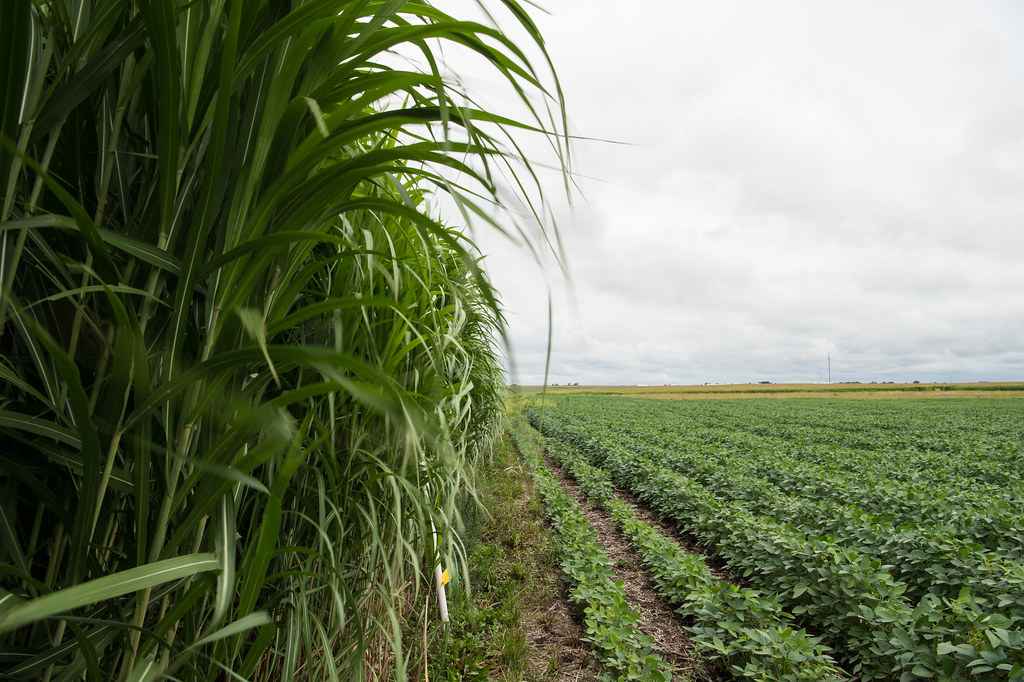Introduction:
A Commitment to Green Energy
In the ever-evolving narrative of our energy landscape, the role of biofuels has become increasingly prominent. As we navigate the challenges posed by climate change and the quest for sustainability, biofuels are emerging as a vital component in our journey towards a greener and more environmentally responsible future.
Sustainability in Biofuel Production: Balancing Act for a Cleaner Tomorrow
The key to unlocking the full potential of biofuels lies in sustainable production practices. Traditionally, concerns have been raised about the environmental impact of large-scale biofuel cultivation, such as deforestation and excessive water usage.
However, the tide is turning as the industry embraces more sustainable approaches. Agroecological practices, precision farming, and the utilization of marginal lands are reshaping the biofuel landscape, minimizing the ecological footprint and promoting biodiversity.
Next-Generation Biofuels: From Innovation to Implementation
The future of biofuels is closely tied to ongoing research and development efforts aimed at enhancing their sustainability. Next-generation biofuels, such as cellulosic ethanol and algae-based biofuels, are capturing attention for their potential to address the limitations of traditional biofuel sources.
These advanced technologies promise higher energy yields, reduced competition with food crops, and a more efficient use of resources, ushering in a new era of sustainable bioenergy.
Circular Bio economy: Turning Waste into Wealth
An integral aspect of sustainable biofuel production is the concept of a circular bio economy. In this model, waste products and residues, such as agricultural leftovers and forestry by-products, are transformed into valuable bioenergy resources.
By utilizing these waste streams, the biofuel industry not only reduces its environmental impact but also contributes to waste reduction and the creation of a more circular and sustainable economy.
Reducing Greenhouse Gas Emissions: Biofuels as Climate Warriors
One of the most compelling reasons to champion biofuels is their capacity to significantly reduce greenhouse gas emissions. Unlike conventional fossil fuels, biofuels are part of a closed carbon cycle.
The carbon dioxide emitted during combustion is offset by the carbon dioxide absorbed during the growth of the biofuel feedstocks. This inherent carbon neutrality positions biofuels as a powerful weapon in the global fight against climate change.
Social Sustainability: Empowering Communities Through Bioenergy
Sustainability is not only about environmental impact but also extends to social dimensions. Biofuel projects, particularly those focused on community-based and small-scale production, have the potential to uplift local economies.
By providing employment opportunities, supporting rural development, and promoting energy self-sufficiency, bioenergy initiatives can foster social sustainability, creating a positive ripple effect in communities.
Collaboration and Policy Support: Catalysts for a Sustainable Biofuel Future
Realizing the full potential of sustainable biofuels requires collaboration on a global scale. International partnerships, research collaborations, and knowledge sharing can accelerate the development and adoption of sustainable bioenergy solutions.
Moreover, governments play a crucial role in providing policy support, offering incentives, and setting ambitious targets to drive the transition towards a more sustainable energy mix.
Educating and Engaging: Shaping a Future with Informed Choices
An essential aspect of building a sustainable biofuel future is public awareness and education. As consumers become more environmentally conscious, their choices can drive demand for sustainable biofuels.
Educational initiatives and transparent communication about the benefits and challenges of bioenergy contribute to an informed public capable of making choices aligned with a sustainable future.
Conclusion: The Biofuel Legacy for Generations to Come
In the tapestry of our energy evolution, sustainable biofuels weave a narrative of promise and responsibility. As we delve into innovative technologies, embrace circular economies, and champion social sustainability, biofuels emerge not just as an alternative energy source but as a legacy we can be proud to pass on to future generations.
In the synthesis of environmental consciousness, technological innovation, and community empowerment, we find the roadmap to a greener and more sustainable future – a future where biofuels play a pivotal role in harmonizing our energy needs with the health of our planet.

